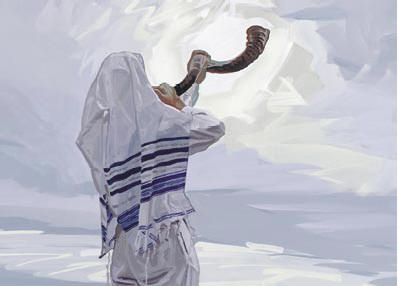
YOM KIPPUR: sundown Wednesday, Sept. 15th 2021 to sundown Thursday, Sept. 16th
This content is restricted to site members. If you are an existing user, please log in. New users may register below.
Day of Atonement, fasting and repentance, scapegoat, Yom Kippur
